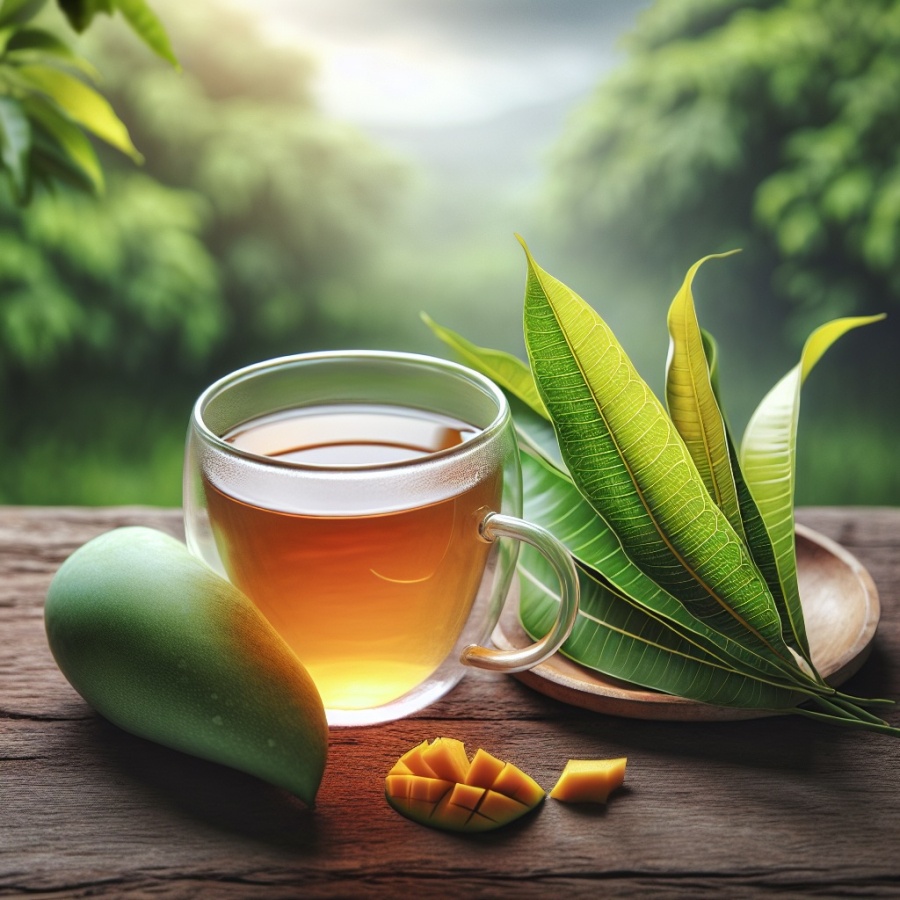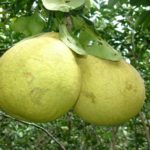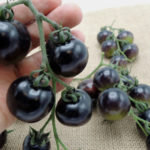Guava Leaves
Guava leaves are known to have the ability to regulate blood sugar levels, as they contain chemicals that can slow down the absorption of sugar and inhibit the enzymes that convert carbohydrates in the digestive system into glucose. In Japan, guava leaf tea is recognized as a functional food that supports the prevention and treatment of diabetes.
According to information from a study published in the Journal of Nutrition and Metabolism, individuals who consumed guava leaf tea for 8 weeks recorded a significant decrease in blood cholesterol levels. Another study in 2011 published in the Journal of Chemical and Physical Research revealed that guava leaves contain substances that can dissolve LDL cholesterol, also known as “bad” cholesterol.
Other studies have concluded that regular consumption of guava leaf tea for 3 months has a positive impact on blood fat levels, helps stabilize blood pressure, reduces the risk of heart disease, and maintains cardiovascular health.
To brew tea from dried guava leaves, soak 2.5 to 5g of leaves in 250ml of boiling water for about 10 minutes. For fresh guava leaves, rinse 5 to 10 leaves, then put them in 500ml of boiling water, cover tightly, and steep over low heat for 10 minutes. Guava leaves can also be used in dishes such as steamed snails, braised fish, or as an ingredient for spring rolls.

Mulberry Leaves
Mulberry leaves, a nutrient-rich plant, are used from leaves to roots and seeds as beneficial supplements for health. Studies have shown that mulberry leaves contain chlorogenic acid and isothiocyanates, substances that help reduce blood sugar levels, while the zinc in the leaves also aids in controlling blood sugar levels and preventing diabetes.
Mulberry leaves have also been proven to have the ability to reduce cholesterol, thereby helping to prevent atherosclerosis and improve cardiovascular health.
To make use of mulberry leaves, you can grind them into powder and mix them with fruits, yogurt, or blend with warm water for a health-boosting beverage. Mulberry leaves are also highly regarded for their anti-aging properties, improving skin conditions, protecting the liver, and benefiting the digestive system.

Mango Leaves
Mango leaves are known for their ability to balance blood sugar levels, particularly beneficial for individuals with diabetes. Through stimulating the pancreas to produce insulin, mango leaves help control blood sugar levels, especially after meals. With tannins in the form of anthocyanidins, mango leaves can be beneficial in the treatment of early-stage diabetes.
Compounds like 3beta-taraxerol and ethyl acetate in mango leaves, when combined with insulin, can support the treatment of diabetic retinopathy and vascular complications. Mango leaves are rich in antioxidants, aiding in the prevention of obesity, diabetes, and heart-related diseases. A study in the Egyptian Journal of Medical Human Genetics demonstrated that regular consumption of mango leaves can strengthen blood vessels, treat varicose veins, and have a positive impact on reducing blood pressure.
To brew mango leaf tea, boil 5-6 young mango leaves for 15 minutes or steep boiling water with 5 mango leaves overnight, then drink it in the morning. Young mango leaves can also be used raw, eaten with spring rolls, rice paper, or added to sour soup to enhance the flavor.

Green Tea Leaves



































